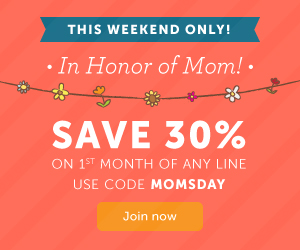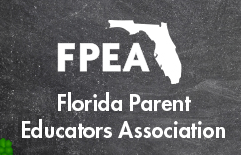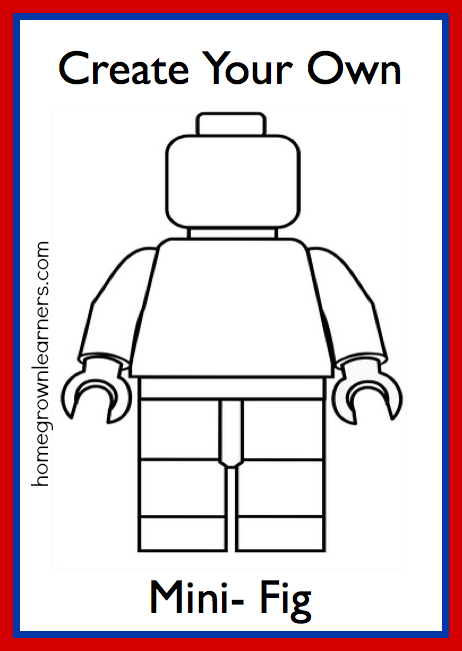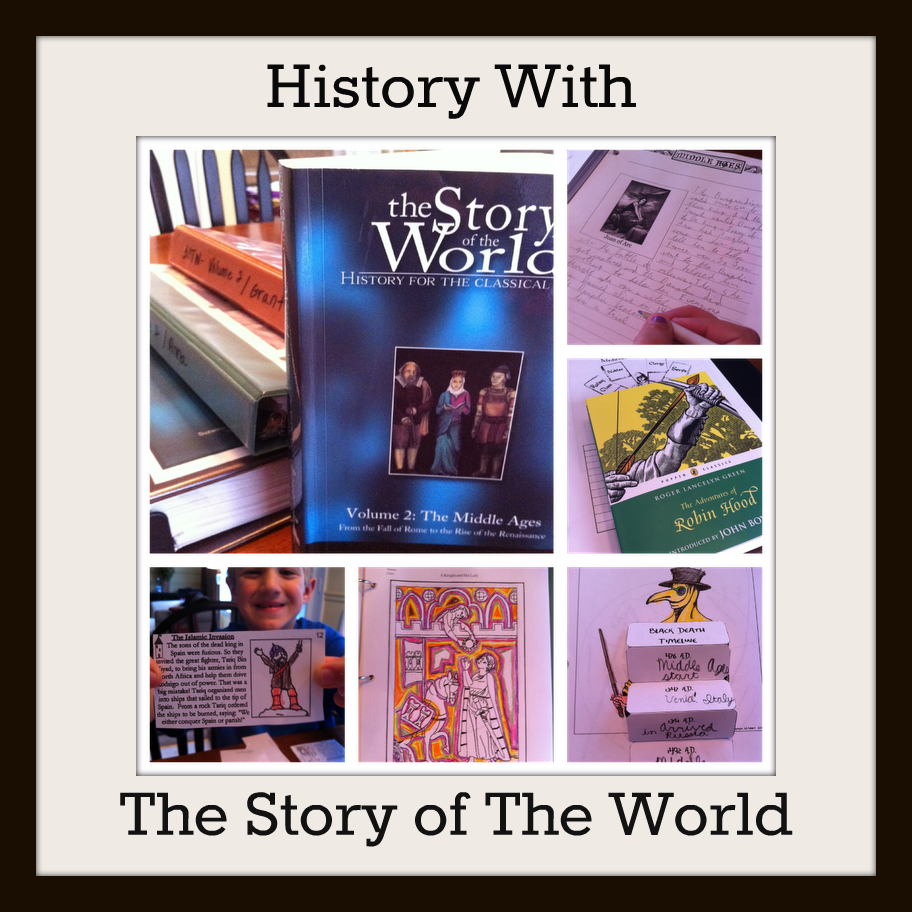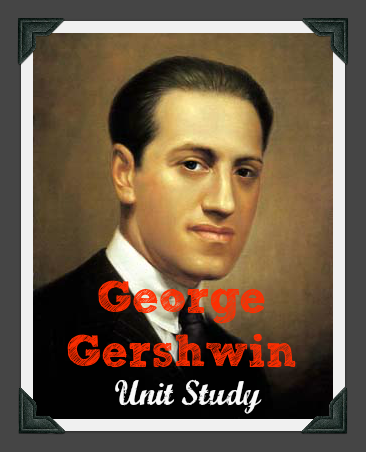Preparing for a Classical Education
 Wednesday, July 11, 2012 at 5:01AM
Wednesday, July 11, 2012 at 5:01AM 
I love Wednesdays because I get to share a guest with you each week! Read all of the past Homeschool Guest posts when you get a chance. There are printables, Bible study resources, read-aloud advice, notebooking tips, nature studies ideas, and much more!
Today's Homeschool Guest post comes from a relatively new friend of mine - Amy, from Living and Learning at Home. She is a fellow member of the iHomeschool Network and has a passion for educating her two children.
If you have little ones and are interested in a Classical Education, this is a post you will want to read carefully!
I love the classical model of education. I love the idea of teaching children how to learn so they can eventually learn for themselves in any situation. I love the idea of teaching history chronologically and incorporating many subjects together instead of segmenting them. I have wanted to teach my children classically since, well, before they were born =) I am now blessed with two little ones (currently 3 and 2 years old), but their physical abilities, attention span, and mental capacity are not ready yet for true classical teaching, so what do we do? We prepare them for a classical education.
If you have ever had a young child, you know that their minds are amazing. They are constantly discovering, inquiring, and learning new things. They soak up everything…the good and the bad, so why not fill their minds with good? We do this by having our children memorize and by having them listen.
Young children start out by memorizing simple things like the alphabet and numbers, then quickly grow to being able to memorize letter sounds, Bible verses, poems, songs, etc. They may not understand everything that they are reciting back to you, but the process stretches their minds and prompts great questions for you to answer, thereby teaching them even more!

Listening is not something that any child (that I know) does well naturally. Generally children don’t want to be slowed down by anything, but it is good to teach them to sit still for a period of time and really listen. You can do this by reading aloud to them from quality literature or from the Bible, or by having them listen quietly to good music. When my oldest had just turned three, we started reading a chapter book, but he would only make it through a few paragraphs at a time. As the months went on, his ability to sit longer and comprehend what I was reading increased. After a few paragraphs I usually ask him to tell me what I have read to him. This gives him the chance to practice dictation, without me expecting all that much from him. These types of things help your child acquire the mental discipline that will be needed once formal classical education begins.
At this point, the most important thing a young child can learn is to read. Being able to read independently is the tool which is used to accomplish all other learning. This starts in the toddler and preschool years by learning letter recognition, letter sounds, putting sounds together, the strokes it takes to write letters, and then finally being able to write whole words and read them aloud. We start at the beginning of that list and once the child understands the first one, we move onto the next. I don’t think it matter how quickly your child progresses to reading by themselves, but you should always be teaching them to that end.
If your child reaches the ability to read and write before formal classical education begins, you can do so much more with them to prepare for it. You can have your child start to copy short sentences, and even begin dictation. Choose quality pieces for your child to copy, teaching them proper sentence structure and grammar. Have your child begin to read simple books on their own or aloud to you. Once again, choose quality books that will stimulate your child’s imagination and be beneficial to them.
Other subjects to begin would be mathematics and science. For science, let your child observe and discover the world around them. Nature walks are fantastic for this. We are working on a simple nature journal to record my son’s findings. For math, we solve problems using manipulatives. Teach your child what it means to add or subtract by physically doing it. As they practice moving things around to solve simple problems, the concepts will slowly cement themselves into your child’s mind.

There is so much to say on this topic, and I have only touched on these ideas, but I hope it got your mind thinking about ways that you can prepare your young children for a quality classical education. Please visit me at Living and Learning at Home to see more of exactly what I do with my children. Make sure to stop by on a Tuesday to get lots of great classical education ideas from my link-up Trivium Tuesdays. Lastly, also check out these two sites to learn even more: Classical Christian Homeschooling and Trivium Pursuit.

